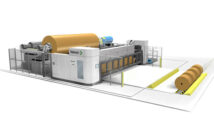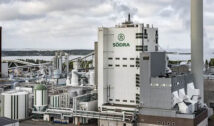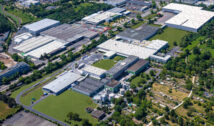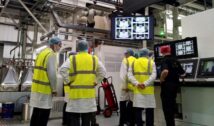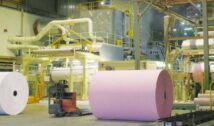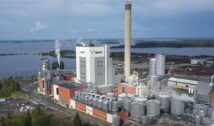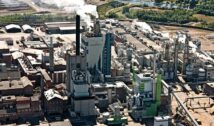The Spanish pulp and biomaterials producer Ence Energía y Celulosa declared net losses of € 13 million in the second quarter of the financial year 2020 as a consequence of the prices of pulp, which remain at the lowest levels recorded in the last 10 years, as well as the low prices of energy. In the semester, the company accumulates net losses of € 24.6 million.
In contrast, the company’s productivity has led to a significant improvement thanks to the consolidation of investments made last year, which has led to an increase in sales of both pulp (19%) and energy (27%), and a reduction in production costs.
The EBITDA of the Pulp business reached € 8.9 million in the first half of the year, which represents a decrease of 87% compared to the first half of 2019 as a result of lower pulp prices.
On the other hand, the EBITDA of the Renewable Energy business improved 24% year-on-year in the second quarter, to € 15.5 million, and 5% in the whole of the semester, to € 27 million. The incorporation of the two new agricultural and forestry biomass plants in Huelva and Ciudad Real contributed to 51% growth in sales in the second quarter and offset the decrease in the average sales price to the minimum set by the regulator.
Ence continues with the development of new renewable energy projects. The 405 renewable MW in the portfolio, with access to the network and secured locations, are awaiting the next call for auctions for the implementation of the National Plan for Renewable Energies, while completing its administrative processing, between the third quarter of 2021 and the first of 2022.
The early and rigorous application of Ence’s internal protocols to prevent and minimize the risks of the spread of Covid-19 among the company’s human team, have allowed it to continue operating during this health crisis and fully maintain employment.
Ence is committed to a green recovery to overcome the crisis caused by the coronavirus, supported by the promotion of renewable energy and the supply of cellulose, a renewable, recyclable and naturally-derived material, which the company produces in a sustainable and eco-efficient manner in its bio-factories in Pontevedra and Navia, generating, altogether, 11,500 jobs.














